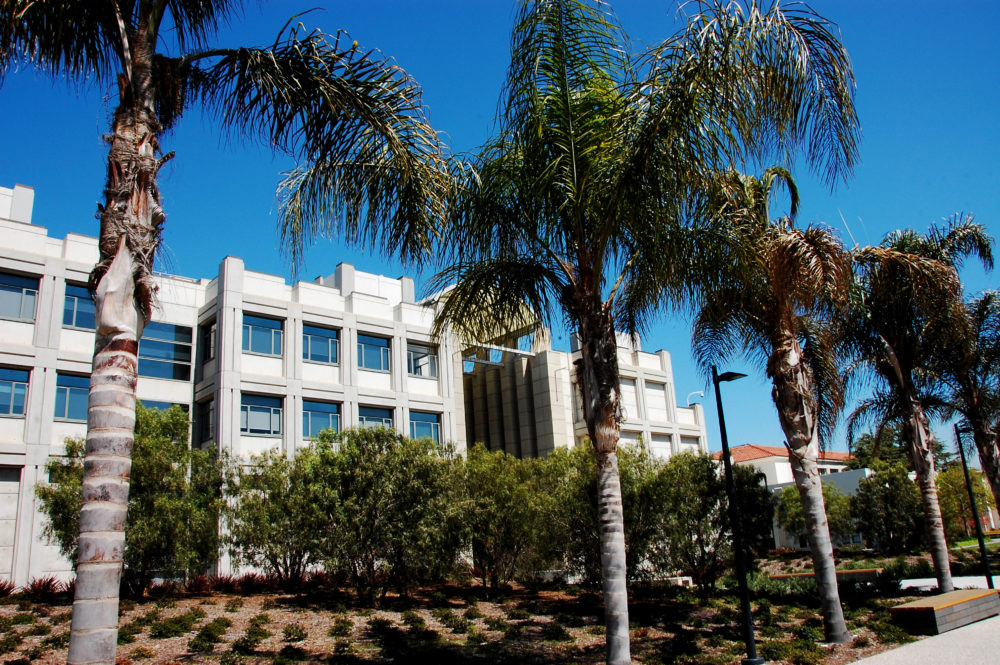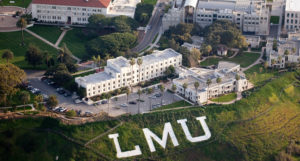UNIVERSITY BULLETINS | From Tehran to Tokyo and Beijing to D.C., Akira Chiba brings a distinguished international background to his post as consul general of Japan in Los Angeles. On Wednesday, April 18 from 6-7 p.m., at Hilton auditorium he reflects on “150 Years of Meiji: Japan’s Response to an Unchartered Era,” an examination of how a closed society became an international power.
Born in Iran to a family of Japanese diplomats, Chiba received an international education at the University of Tokyo, Peking University, and UC Berkeley. He returned to California in 2016 after serving in embassies and diplomatic positions across Japan, the United States, Iran, Switzerland, and China.
But a third-generation career diplomat from Japan was unheard of on the international scene as recent as 200 years ago. During Japan’s Edo period, which lasted from 1603 to 1868, the Tokugawa shogunate enforced a strict sakoku (“closed country”) system for more than 220 years.
In 1868 — following decades of political turmoil, foreign intervention, a reversal of Japan’s isolationist policy, and civil war — forces declaring loyalty to the Japanese emperor officially replaced the military government in Edo. Several months later, the city was renamed Tokyo (“eastern capital”) and Emperor Meiji moved into Edo Castle, the site of today’s imperial palace.
This was the beginning of the Meiji Restoration, which returned practical powers to Japan’s long-ceremonial emperor and led to the establishment of the country’s first modern legislature. This period is not only a key turning point in Japanese history, but also a defining moment in international relations.
Many people — Japanese officials included — tend to associate Japan’s foreign policy with the legacy of U.S.-led occupation following World War II. While that is both important and pragmatic, understanding how Japan reached that point requires in-depth knowledge of the Meiji Restoration, and all the ways it transformed a country once closed to the rest of the world.
Today, it would be easier to count the number of countries without a diplomatic mission from Japan than those with one. In the United States alone, there are 14 consuls-general from Japan including Chiba, not to mention diplomats in three U.S. consular offices and the embassy in Washington, D.C.
Over the course of 150 years, changes in Japanese government, economics, institutions, and culture have taken Japan from secluded feudal agrarianism to globalized liberal capitalism. As a result of the Meiji Restoration, Japan has become a major player in technology, arts, entertainment, energy, manufacturing, trade, geopolitics, and more.
Chiba will draw on both his past experiences and current work as consul general on April 18 to share a Japanese leader’s perspective on the 150-year transformation.
Register here. This event is made possible by a donation from the D. K. Kim Foundation and is sponsored by the Center for Asian Business.
Political science major Dylan Ramos is a junior and a contributor to LMU This Week.




